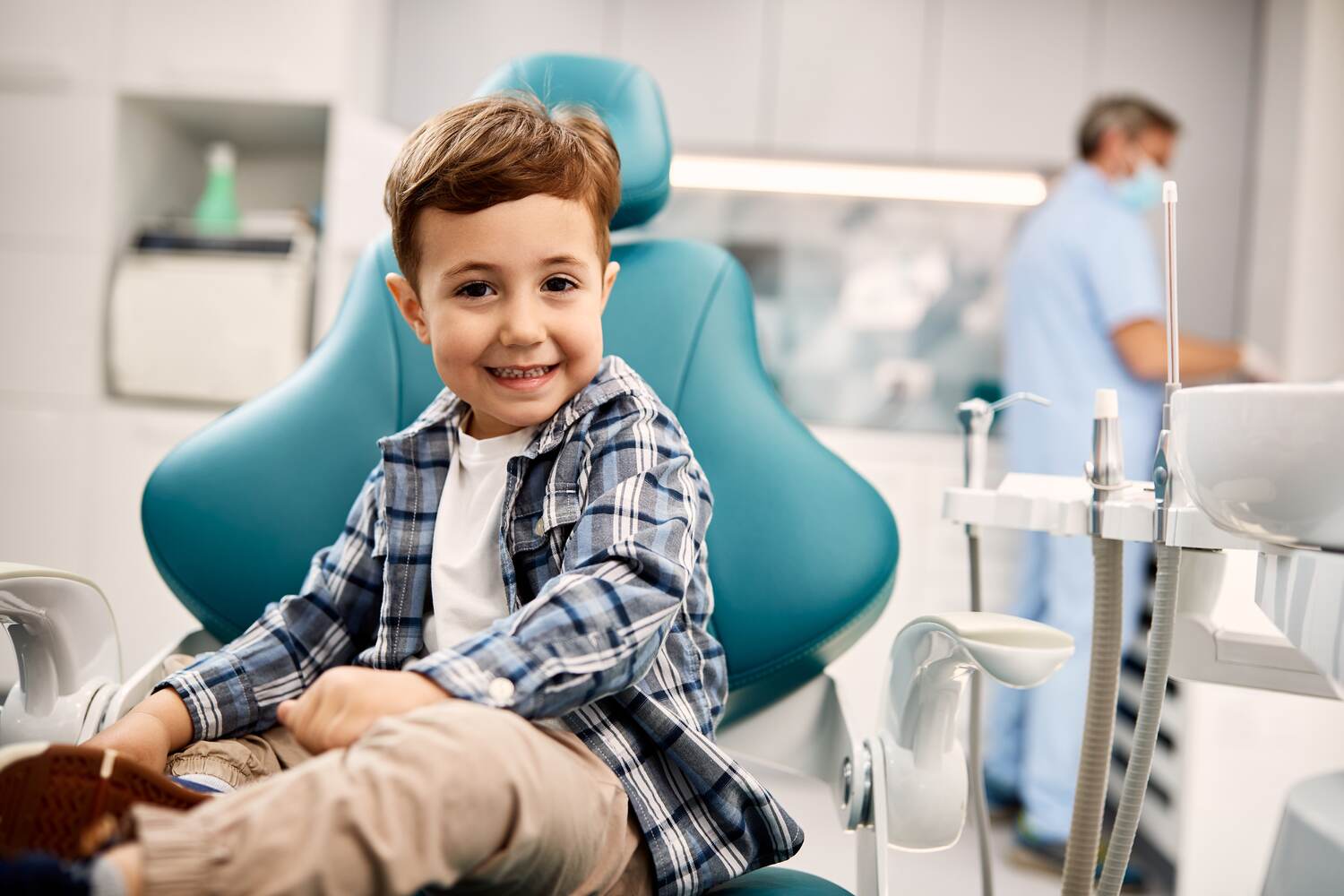
Oral care is essential to maintain the health of the teeth and gums. Regular teeth brushing and consuming a healthy teeth-friendly diet may help you and your kid achieve good oral health. But this may not be sufficient, especially for kids. Your kids may require extensive dental care. Visiting a dentist regularly is crucial and paves the way for oral and dental wellness. But when is the right time to take your kid to a dentist? And how should you prepare for your kid’s first dental visit?
Too many questions popping into your mind as a new parent! Well, fret not! We have answers to all your queries in this informative blog. So buckle up and scroll down to learn everything about your kid’s first dental visit and how you must prepare them and yourself to reap the maximum benefits from the visit.
In This Article
- At What Age Should a Kid First Visit The Dentist?
- Should You Take Your Kid to a Regular Dentist or Pediatric Dentist?
- Difference Between a Pediatric Dentist And a Regular Dentist
- What Are The Benefits of Taking Kids to Dentist When They Are Young?
- What Happens at Your Kid’s First Dental Appointment?
- Tips For Parents to Prepare For Kid’s Dental Appointment
- Till What Age Can You Show Your Kid to Pediatric Dentist?
- How Often to Take The Kid For Dental Check-up?
- Should Children Get a Dental X-ray?
- FAQ’s
At What Age Should a Kid First Visit The Dentist?
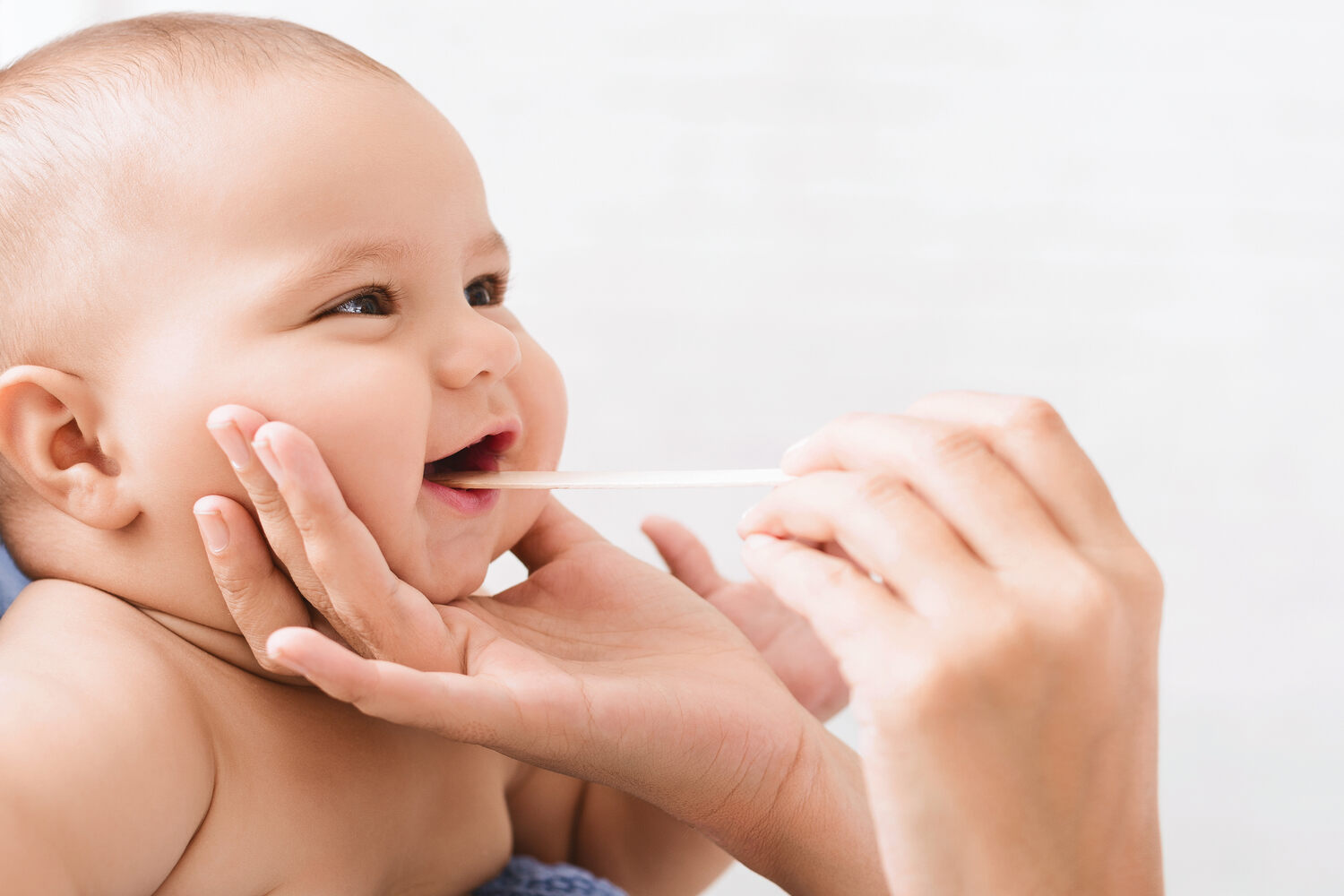
Your kid’s first dental visit should take place after the first tooth erupts (usually around 6 to 9 months), but not later than their first birthday (1). When your kid gets their milk teeth, they may be prone to developing tooth cavities. Thus it is essential to be proactive about your kid’s dental health for a beautiful smile and overall wellness.
Should You Take Your Kid to a Regular Dentist or Pediatric Dentist?
Children’s dental needs are different from adults. This is because young mouths are constantly growing and changing. They require specialized care. Thus, they should be taken to a pediatric dentist, and not a regular dentist.
Difference Between a Pediatric Dentist And a Regular Dentist?
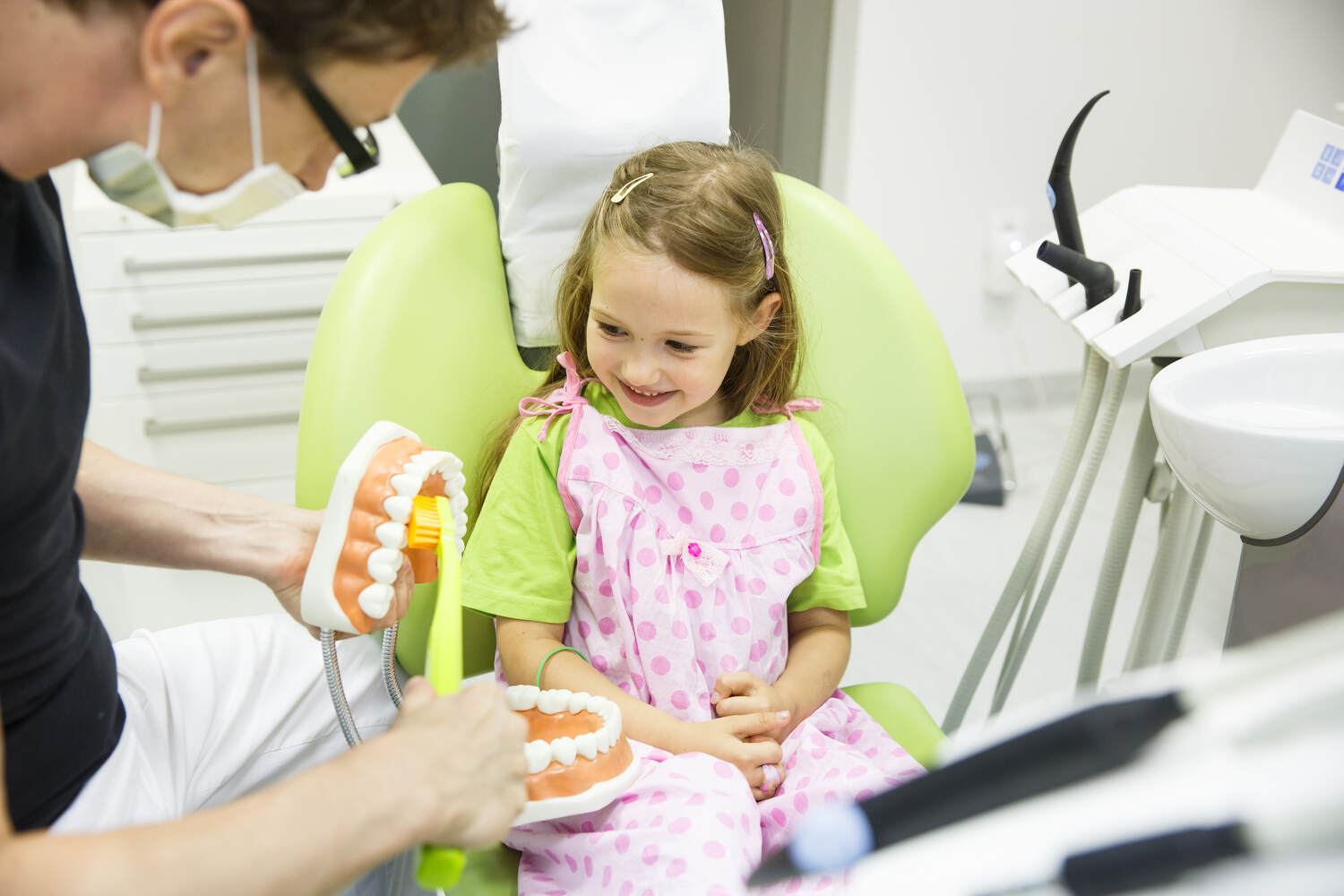
Dentists have different specializations and dispositions. Different age groups require different dentists, and this is also true for the type of oral requirements.
Pedodontists, also known as pediatric dentists, are the ones who have finished training post-dental school for two or more than two years. The training referred to comprises thorough learning concerning child psychology, orthodontics, and the development of a child (2). With experience, they also know the process of handling kids at the time of the different stages of teeth development.
A general dentist, on the other hand, needs no specialized training once they get their credentials. They offer multi-tasking and can cater to a wider group and take the oneness of diagnosing, treating, and managing the patient’s oral requirement.
What Are The Benefits of Taking Kids to Dentist When They Are Young?
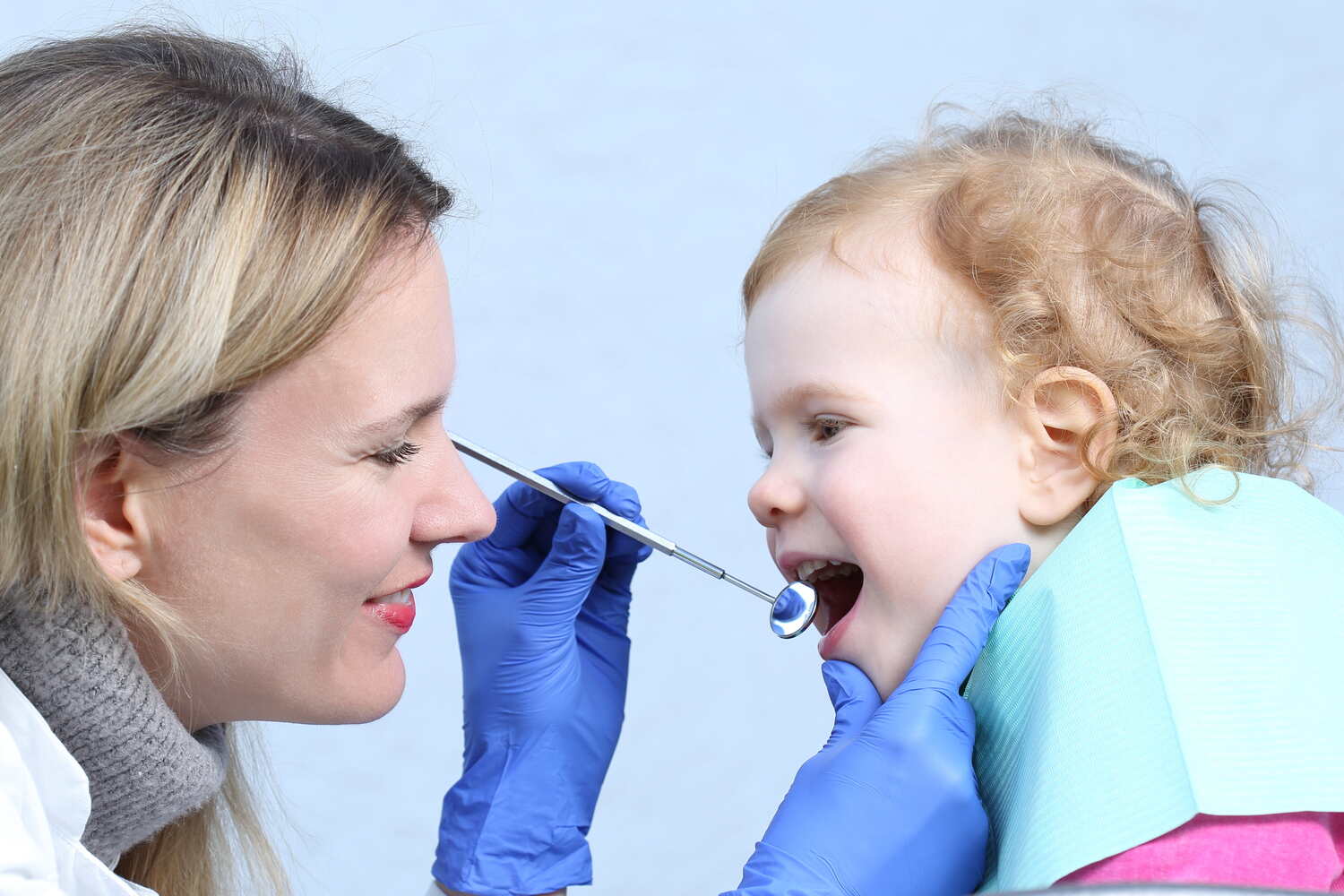
It is a lifetime investment in investing for early dental visits to your kid.
It helps enhance oral health and overall health and well-being. Here are a few key benefits of taking kids to the dentist when they are young (3)-
- Prevent dental issues
- Foster positive oral care habits
- Familiarize the kids with dentists and the dental environment
- Provide a healthy and beautiful smile
- Cater to the needs of oral issues to pave the way for stronger and healthier permanent teeth
- Offer a calm and relaxing environment to prevent dental anxiety and fear
- Prevent the need for extensive and painful dental procedures if the health of the teeth is taken care of from a young age
What Happens at Your Kid’s First Dental Appointment?
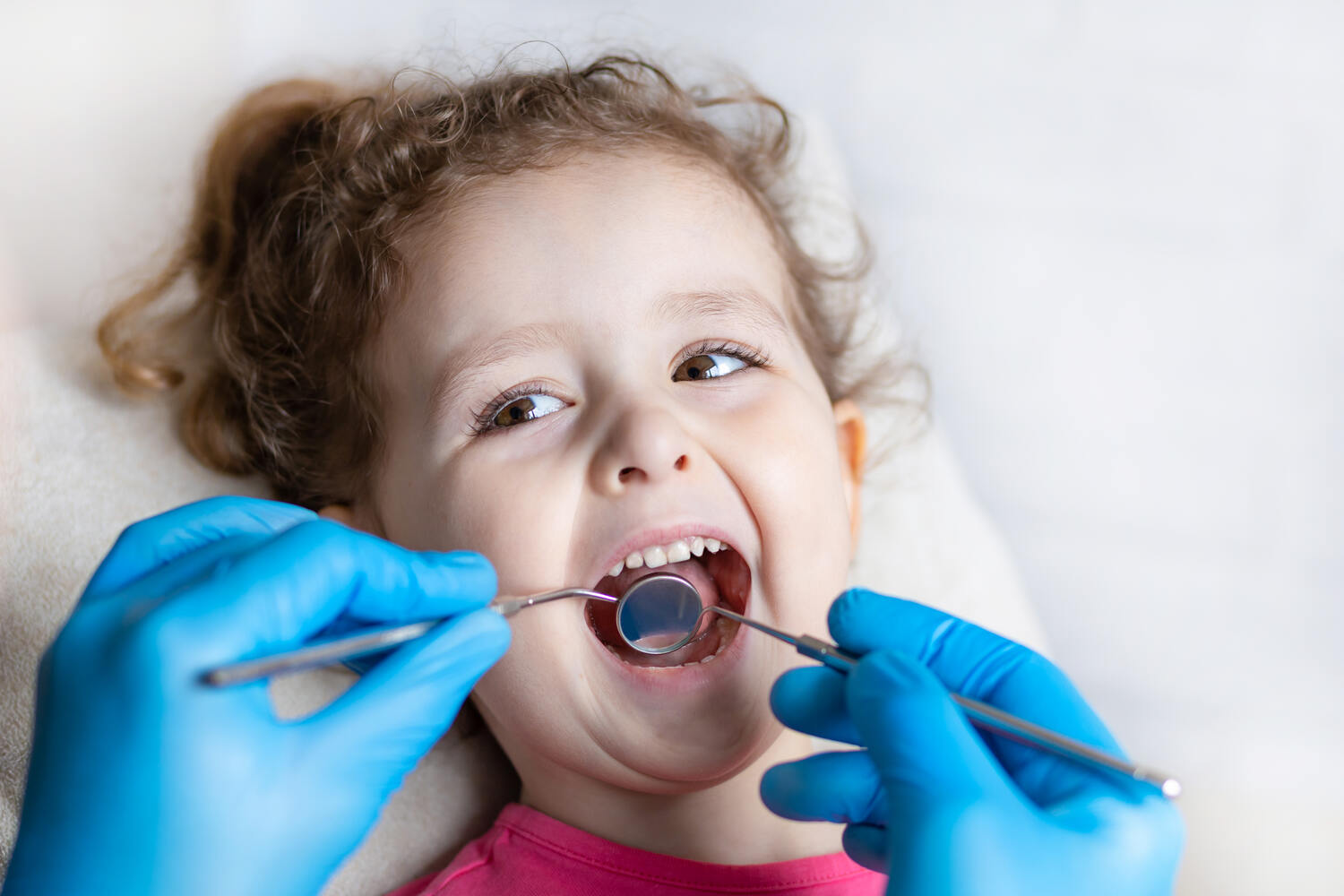
The primary dental visit is generally a brief one that lasts for 30 to 45 minutes. During the first visit, your dentist will examine your child’s teeth to check for any signs of tooth cavities or gingivitis. Following are some of the pointers that get covered on the kid’s first dentist appointment-
- The dentist teaches the right brushing style to the parents so that they can further educate the child (4)
- They would offer knowledge of taking proper care of teeth, frequency of brushing, gargling, etc.
- Parents also get a chance to ask about the use of a pacifier and its effect on the teeth
- They also offer dietary counseling to make parents understand the negative impact of repeated snacking in between meals, and the use of excess sugar products and drinks (5)
Tips For Parents to Prepare For Kid’s Dental Appointment
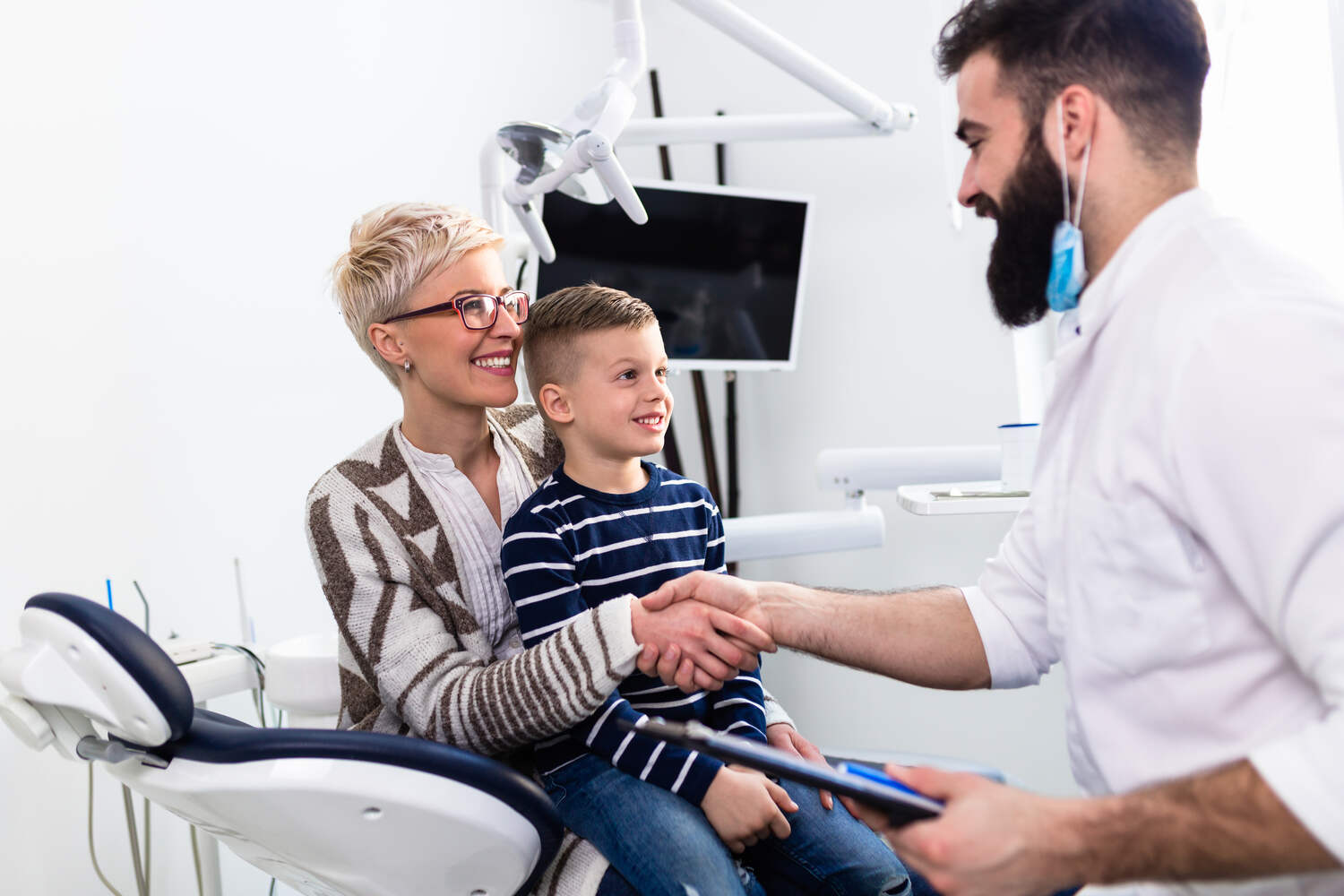
The dental visit could be for a customary check-up, appointment, dental surgery, cleaning, etc. In either of the cases, a list of things should be taken care of before kids dental visit, and they are-
- It is always important to verify and confirm your appointment
- Maintain proper records of your child’s oral condition and past dental treatments
- It is vital to brush and floss the teeth carefully before making it to the dentist, as no one wishes to see a dirty and stinking mouth
- One should always try to arrive on time to finish any other set of formalities and not be late
- Give them advance advice to help them prepare themselves mentally. Explain them in simple terms about the reason and importance of the dental visit (6)
- It is good to keep a comprehensive list of any queries concerning oral hygiene or dental treatment
- Avoid scheduling appointments during nap time. This can make your kid vulnerable and cranky. Pick a time when they are well-rested and cooperative
- Allow them to get any item of comfort like a stuffed toy to keep them calm and relaxed
- Make sure your kid has had a light meal before their appointment
- It is normal to have dental fears, so it is good to discuss the same with the dentist so that a solution can be sought, and you feel relaxed at the time of the treatment
Till What Age Can You Show Your Kid to Pediatric Dentist?
It is recommended to visit the dentist as soon as the baby gets their first tooth since the bacteria can start forming soon as well. As research reveals, kids in the age group 15 and onwards can even be checked by pediatric dentists as they might have milk teeth, premolars, and molars.
How Often to Take The Kid For Dental Check-up?
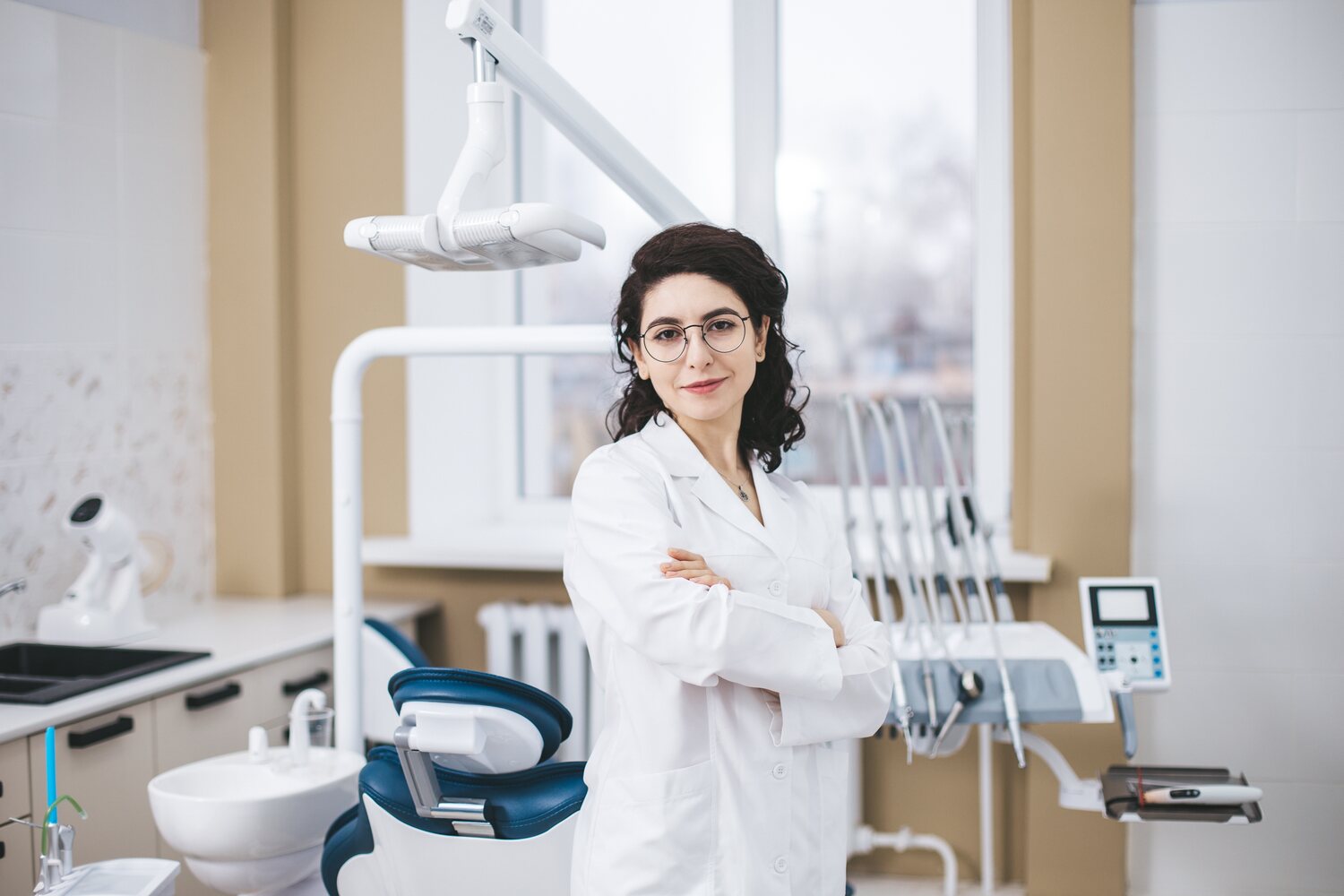
Treating a baby’s teeth differs from that of an adult. The adult is required to visit a dentist twice a year unless any serious dental issues do not erupt, but the teeth of a child are sensitive. So they should be taken to the dentist every six months to examine or assess the teeth formation and even offer treatment for any rising issues related to oral care. Regularly visiting the dentist also helps the child to foster trust (7).
Should Children Get a Dental X-ray?
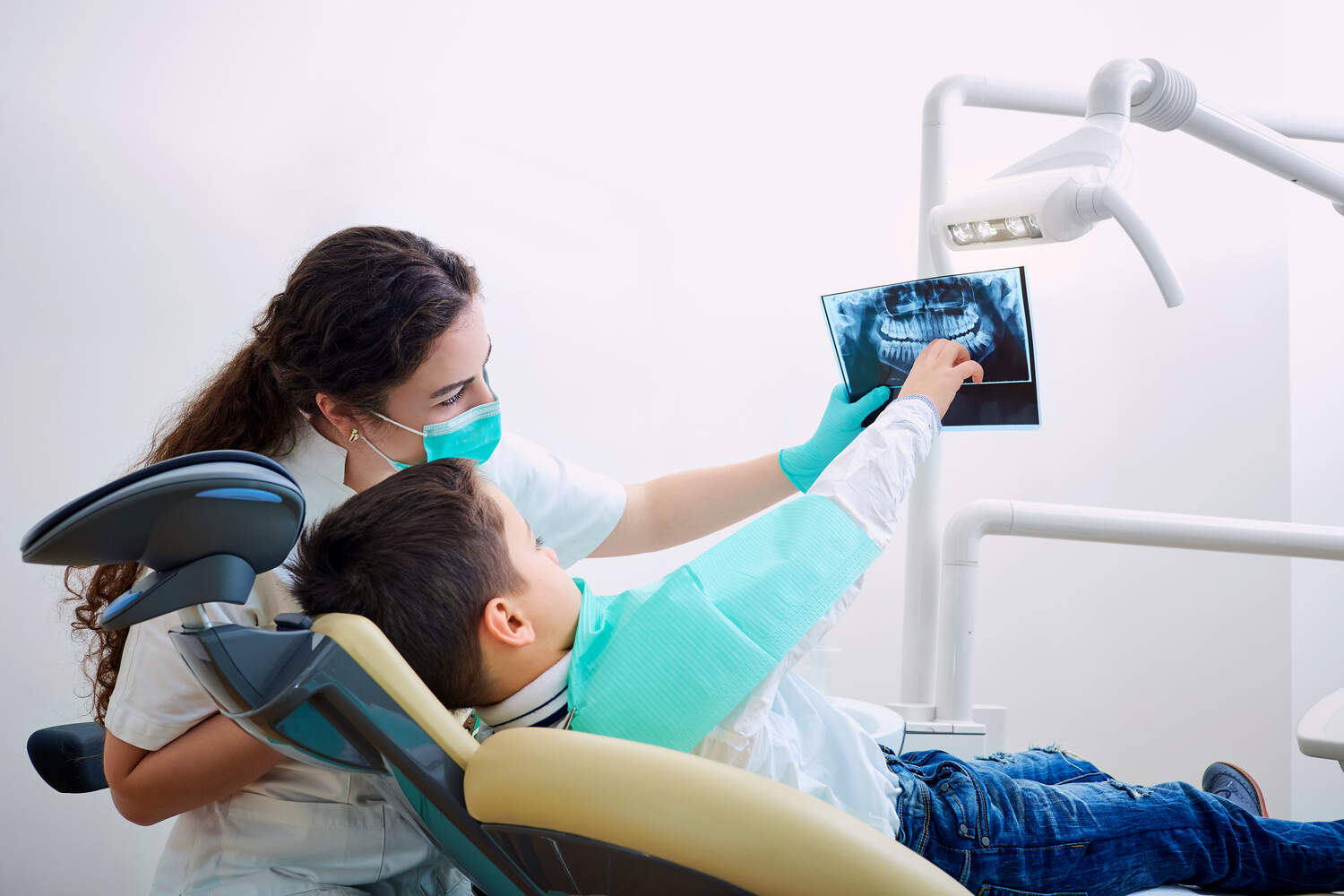
The need for X-rays for kids usually depends on their oral health conditions. Kids who are vulnerable to tooth decay can get dental X-rays once in six months. This holds good, especially for interdental decay which is a tooth cavity in between two adjacent teeth. Kids with minimal risk of dental decay generally need fewer X-rays.
Oral health is an important component in overall well-being which is mainly dependent on good oral habits. Regular dental visits, especially for kids, are essential since they are prone to cavities owing to poor oral hygiene and unhealthy eating habits. Ensure to take your kid to the dentist as soon as their first tooth erupts. This fosters good oral habits in them and aids in offering a strong and healthy foundation for permanent teeth in the future.
FAQ’s
1. What is The Average Age For a First Dental Visit?
The average age for a first dental visit is somewhere around 9 to 10 months. Usually, you are recommended to take your child within 6 months of the first tooth coming in.
2. At What Age do Kids Get Their First Teeth Cleaned?
Professional teeth cleanings are a vital part of children’s dental exams and overall healthcare. Usually, kids get their first cleaning after their first birthday when they have at least a few babies or milk or primary teeth.
3. Why Should a 1-Year-Old go to The Dentist?
Your 1-year-old must visit a dentist to ensure that their teeth are cavity-free. It also helps them understand the importance of their oral health, inculcate good oral habits, and protect their smile for years to come. Regular dental visits for primary teeth can prevent oral diseases that can pave the way for stronger and healthy permanent teeth.
4. Do 2-Year-Old Teeth Hurt?
Yes. 2-year-old teeth may hurt when erupting since they are bigger teeth (molars) than the other teeth. Molar eruption may cause increased gum soreness, swelling, redness, sensitivity, and pain.
References
- Age and Reasons for First Dental Visit and Knowledge and Attitude of Parents Toward Dental Procedures for Puducherry Children Aged 0–9 years – [https://www.ncbi.nlm.nih.gov/pmc/articles/PMC6555334/]
- The Future of Pediatric Dentistry Is Now – [https://www.ncbi.nlm.nih.gov/pmc/articles/PMC9856634/]
- First Dental Visit: Age Reasons Oral Health Status and Dental Treatment Needs among Children Aged 1 Month to 14 Years – [https://www.ncbi.nlm.nih.gov/pmc/articles/PMC9983582/]
- Canadian dentists’ views on the first dental visit for children – [https://www.ncbi.nlm.nih.gov/pmc/articles/PMC9452906/]
- The willingness to attend the first dental visit within 1 year of age: An analysis applying Andersen’s behavioral model of health service utilization – [https://www.ncbi.nlm.nih.gov/pmc/articles/PMC9298714/]
- Preparing Children for Their First Dental Visit: A Guide for Parents – [https://www.ncbi.nlm.nih.gov/pmc/articles/PMC9690852/]
- Periodicity of dental recall visits for young children first seen in community health centers – [https://www.ncbi.nlm.nih.gov/pmc/articles/PMC4217116/]
